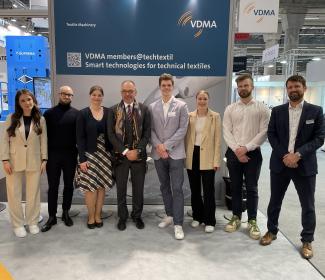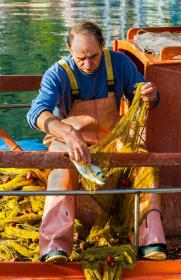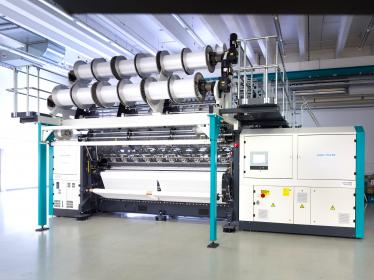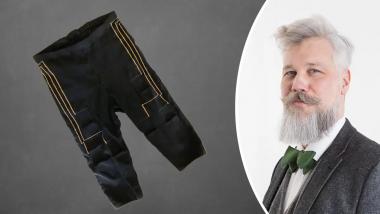Walter Reiners Foundation awards Six Young Engineers
At the Techtextil trade fair in Frankfurt, the Chairman of the Walter Reiners Foundation of the VDMA, Peter D. Dornier, presented awards to six successful young engineers. Promotion and sustainability prizes were awarded in the categories bachelor/project theses and diploma/master theses. Academic theses in which, for example, solutions for resource-saving products and technologies are developed are eligible for the sustainability prizes.
The Walter Reiners Foundation awarded Anna Markic a sustainability prize worth 3,000 euros in the Bachelor's category. The topic of her thesis, written at Reutlingen University, was the recycling of carbon fibres.
Mark Zenzinger, Albstadt-Sigmaringen University, received a 3,000 euro promotion award in the Bachelor's category. His topic was the automation of the process chain for the production of welded textile hard goods.
Lena Fink from the TU Dresden received another promotion award worth 3,000 euros. Her construction engineering project work focused on a device to simplify the maintenance of braiding machines.
Fabio Bussmann from RWTH Aachen was awarded a promotion prize in the Master's category, worth 3,500 euros. In his thesis, he analysed the life cycle assessments of alternative semi-finished products for geotextiles.
Katharina Maria Ernst, TU Dresden, was honoured with a sustainability prize of 3,500 euros in the Master's category. Her work focused on the development of a suitable process for the treatment of chitosan fibres as an alternative starting product in the production of carbon fibres.
Lennart Hellwig, RWTH Aachen University, was awarded a 3,500 euro prize in the Master's category. He focused on the topic of machine learning using the example of a nonwovens plant.
VDMA e. V














